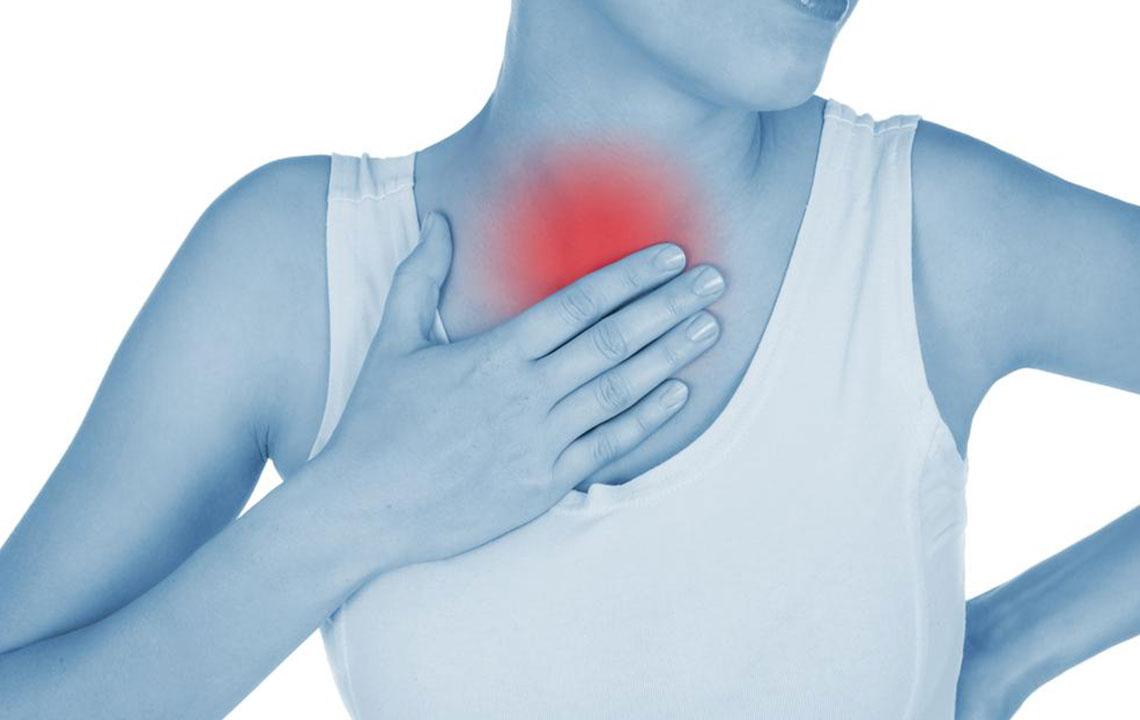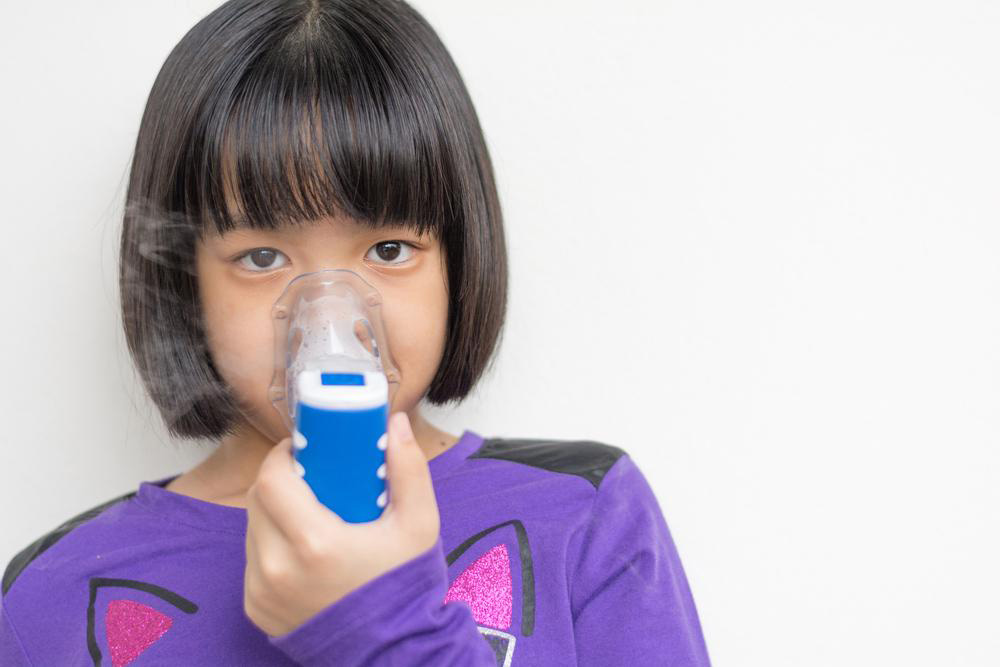Understanding Emphysema: Common FAQs and Treatment Insights
Emphysema is a chronic lung condition characterized by damage to alveoli, causing breathlessness and lung function decline. Key causes include smoking and genetic factors like AAT deficiency. Symptoms often involve shortness of breath and barrel chest. While incurable, treatments such as medications, rehab, and surgery improve quality of life and longevity. Prognosis depends on disease stage, health status, and lifestyle factors. Quitting smoking and proper management can enhance lifespan. This article covers common questions about causes, symptoms, treatments, and prognosis of emphysema.

Understanding Emphysema: Common FAQs and Treatment Insights
Key questions about emphysema
Emphysema is a chronic respiratory disease that falls under the umbrella of chronic obstructive pulmonary disease (COPD). It develops due to damage to the alveoli, or air sacs, in the lungs. This damage causes shortness of breath and impairs lung function, often leading to decreased oxygen levels in the blood. The destruction of the alveolar walls can result in trapped air, weakening breathing capacity. Additionally, many with emphysema develop chronic bronchitis, characterized by lung inflammation and persistent coughing.
While there is no cure, treatments focus on symptom management and improving quality of life. Learn about causes, typical symptoms, treatment options, and prognosis.
What causes emphysema?
Tobacco smoke – The most significant cause of emphysema is smoking. Tobacco damages the lung’s air sacs and reduces their protective lining, increasing the risk of developing emphysema. Heavy smoking is a major contributing factor.
Genetic factors – A deficiency in alpha-1-antitrypsin (AAT), a protein that protects lung tissue, can lead to emphysema. AAT deficiency is typically inherited and may cause early lung damage.
What are the signs and symptoms?
Shortness of breath is common, often worsening gradually. Wheezing and mucus-related coughs are also typical.
Patients may exhibit pursed-lip breathing to help exhale trapped air, which creates resistance to airflow and eases breathing.
A barrel chest appearance can develop due to air trapping and lung overexpansion, altering chest shape.
What is the expected lifespan with emphysema?
Survival depends on factors such as smoking history, age, gender, overall health, and other medical conditions. The severity stage influences longevity, with advanced stages reducing life expectancy more significantly.
For example, a 65-year-old heavy smoker with early-stage emphysema might live about 3-6 years less than average, whereas advanced stages can shorten lifespan by nearly a decade.
Quitting smoking and managing health can improve prognosis and extend lifespan in emphysema patients.
Which treatments can help prolong life?
Medications – Bronchodilators, inhaled corticosteroids, and antibiotics are commonly prescribed to improve airflow, reduce inflammation, and treat infections.
Rehabilitation and support – Pulmonary rehab, breathing exercises, nutritional support, and supplemental oxygen therapy can enhance breathing and quality of life.
Surgical options – Procedures like lung volume reduction surgery or lung transplants may be recommended in severe cases to remove damaged tissue or replace the lungs entirely.
Tags: emphysema prognosis, lung health, respiratory disease










